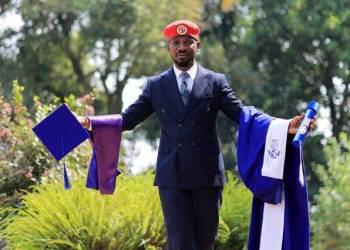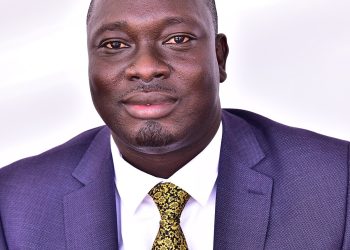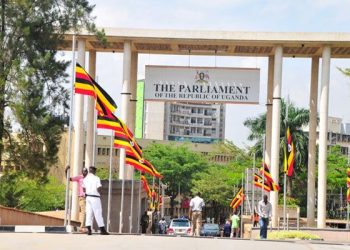The Government Chief Whip, Ruth Nankabirwa, has assured the nation that government is working on the constitutional and electoral reforms supposed to be passed in preparation for the 2021 general elections.
During an interface with journalists yesterday, Nankabirwa said the Government would brief Parliament on the various steps being taken to draft the required electoral reforms.
“We shall certainly bring the electoral reforms because we all want to have smooth elections,”
Nankabirwa
Raising concern that the Government had taken long to present the constitutional and electoral reforms, the Speaker of Parliament, Rebecca Kadaga, in January directed Government to ensure that it is done by April.
“I think, as usual, they expect to stampede this House. In that stampede, we might not make perfect laws. Maybe they do not respect this House. So even when we say ‘bring what is necessary’, they are not interested,” Kadaga said before she gave the April deadline.
Out of the presidential petition by Amama Mbabazi, the Supreme Court directed Government to ensure all the necessary constitutional and electoral reforms for guaranteeing free and fair elections were enacted within two years.
However, the two years elapsed when Government had not done so. Calling for electoral reforms, some of the observers for the 2016 general elections said the polls were below the minimum democratic benchmarks.
Asked to explain why Government ministries had for the last three years failed to meet the budget timelines, especially the one of March 15, for presenting the budget ministerial policy statements, Nankabirwa said the problem appears to be with the law.
“The Public Finance Management Act created strict timelines which are not easy to meet. We are considering to move an amendment because we tied our hands with those timelines. I keep putting the ministers under pressure regarding the timelines and some of them end up presenting policy statements that are lacking some content,” Nankabirwa said.
On ministers missing Parliament sittings (absenteeism), Nankabirwa attributed it to the pressure from members of the public who always invite ministers to attend their occasions.
“Our ministers are also MPs with constituencies. They always have an obligation to attend to their constituents. I must accept it is a challenge to have ministers attend Parliament sittings,”
Nankabirwa
Nankabirwa said with regret that absenteeism had become a chronic disease not only for ministers but also MPs who are backbenchers.































































